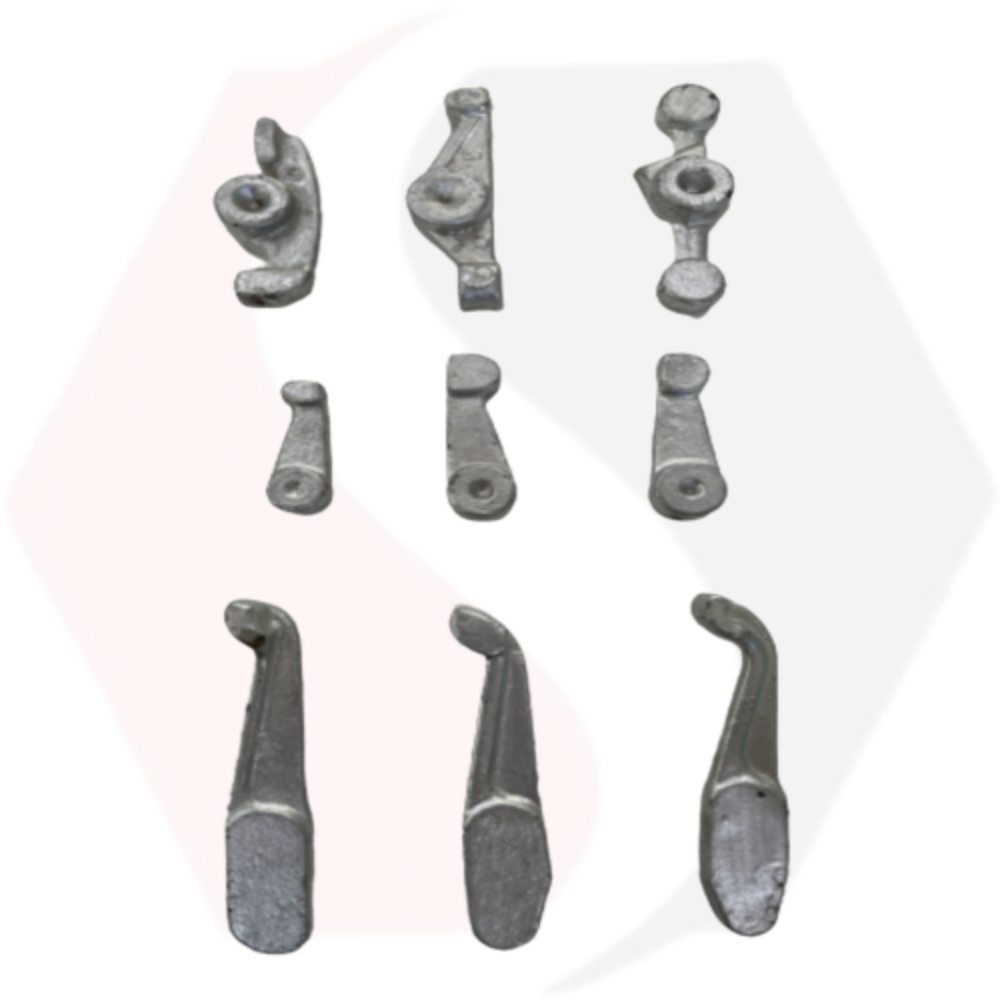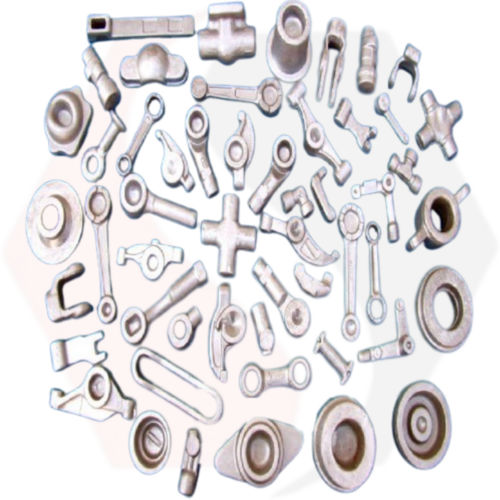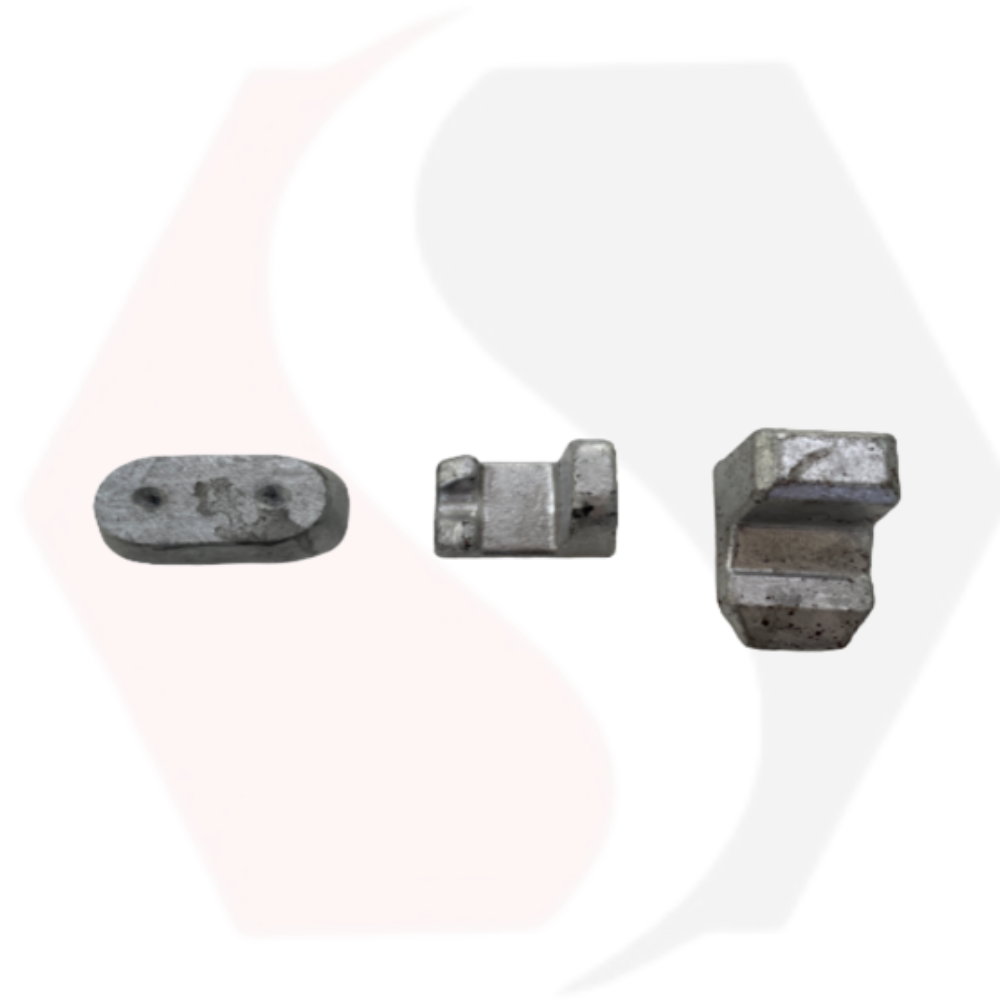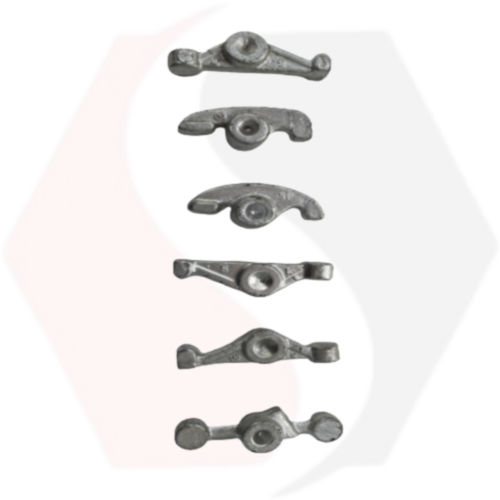Forged Automobile Products
Price 35 INR/ Piece
Forged Automobile Products Specification
- Hardness
- Rigid
- Process
- Forging
- Surface Treatment
- zinc Plating
- Product Type
- Forged Products
- Material
- Steel
- Technology
- Forging
- Application
- Auto Parts
- Color
- Silver
Forged Automobile Products Trade Information
- Minimum Order Quantity
- 5000 Pieces
- Payment Terms
- Cash Advance (CA), Cash in Advance (CID)
- Main Domestic Market
- All India
- Certifications
- ISO 9001
About Forged Automobile Products
"Forged automobile products are high-strength, precision-engineered components manufactured through the forging process to ensure superior durability, structural integrity, and performance. Commonly used in critical automotive systems such as engines, transmissions, suspensions, and drivetrains, these products are essential for reliable and safe vehicle operation under demanding conditions."
Keywords:
* Forged automobile products
* Automotive forged components
* Forged auto parts
* High-strength car components
* Engine forged parts
* Forged transmission products
* Suspension forged components
* Custom forged auto parts
* OEM forged automobile components
* Durable forged automotive parts
* Heavy-duty forged car parts
* Precision forged vehicle parts
* Automotive metal forging
* Forged drivetrain products
* Forged steel automotive components
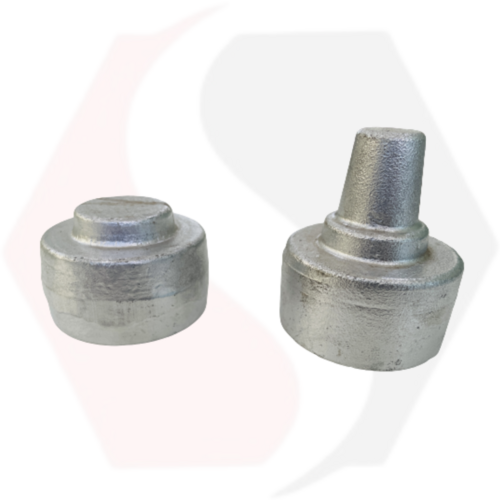
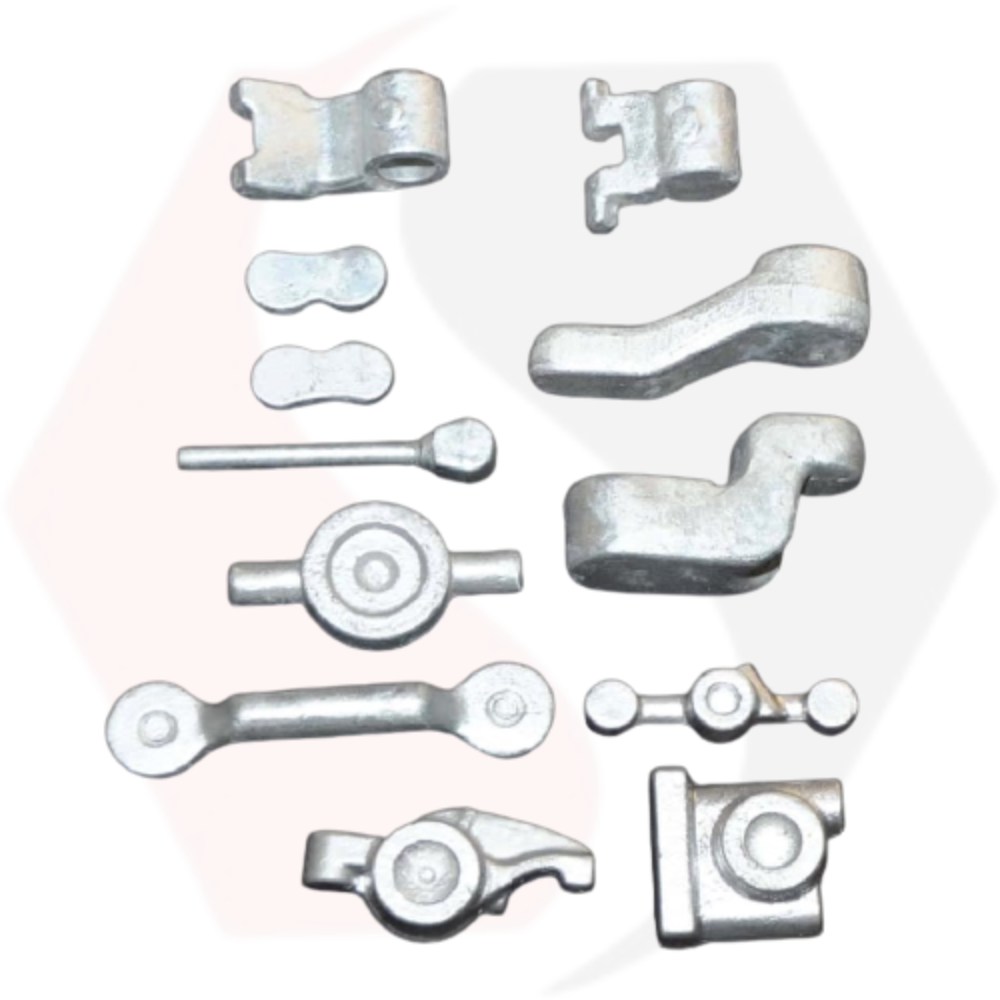
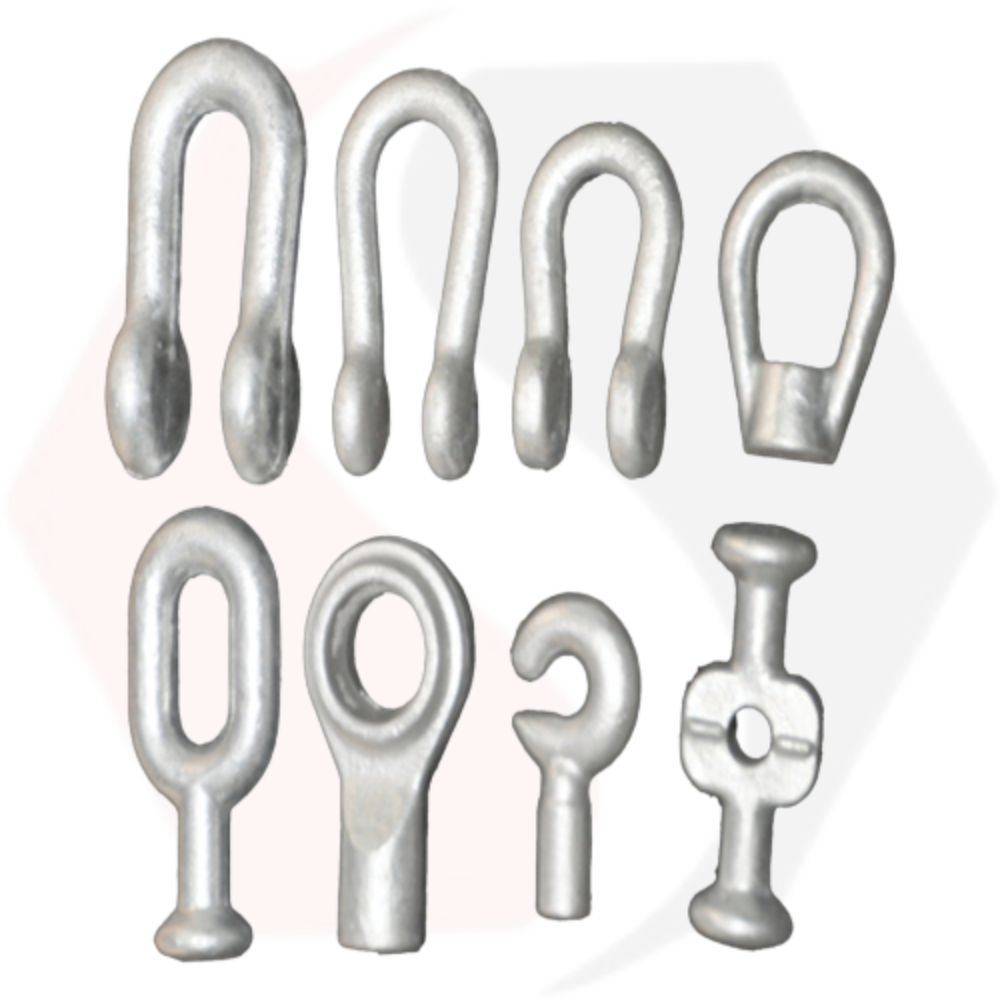
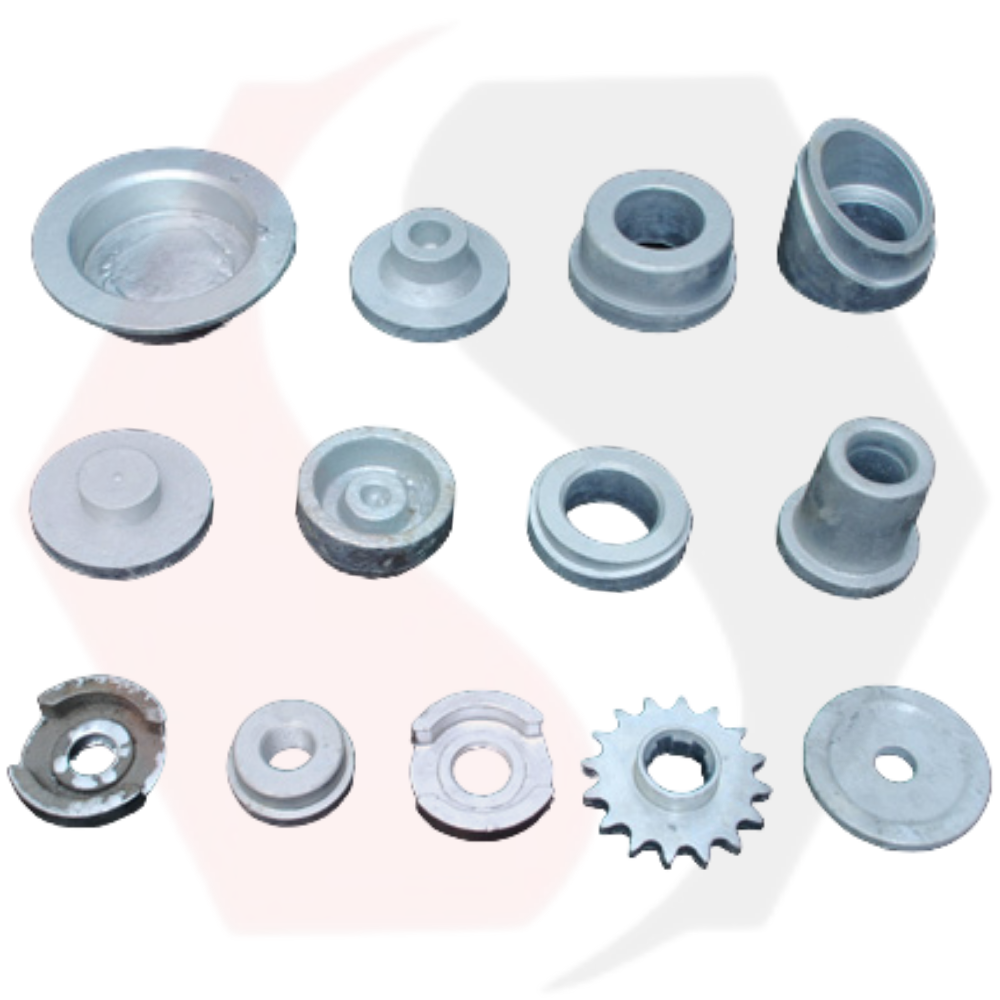
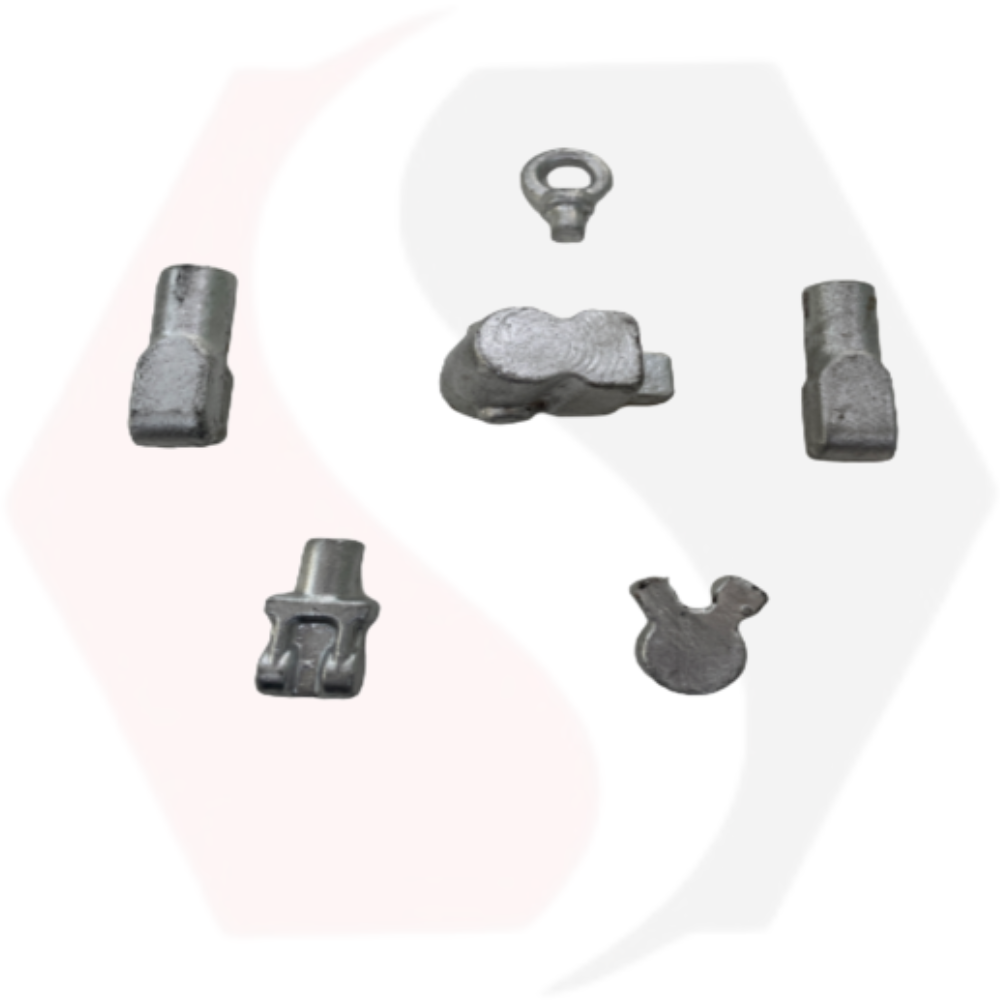
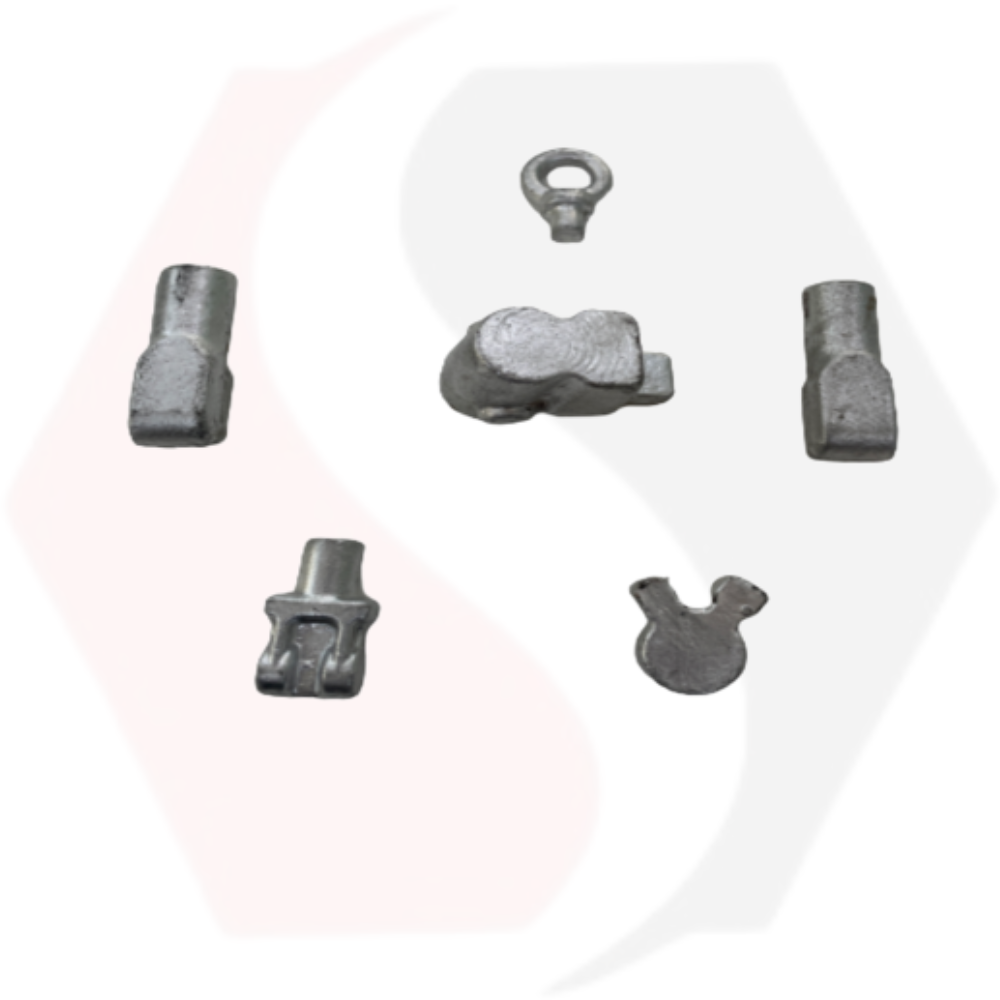
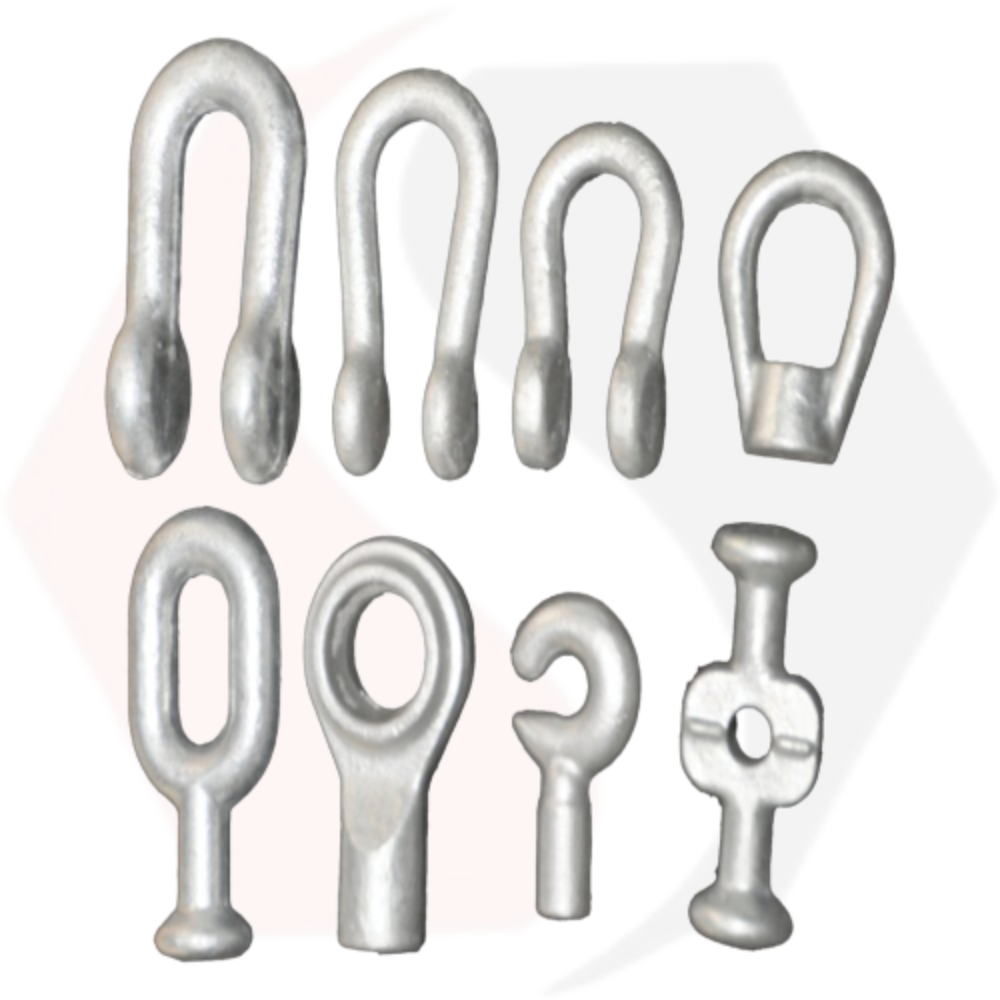
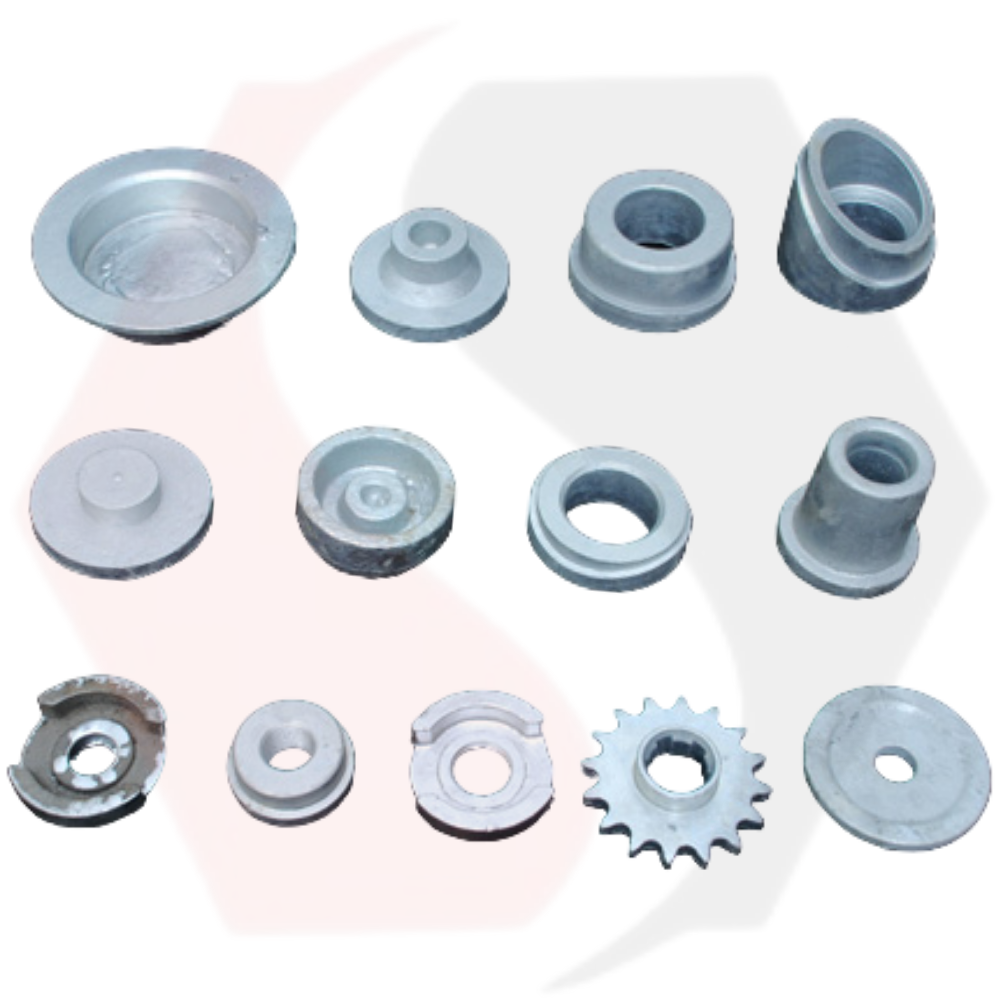
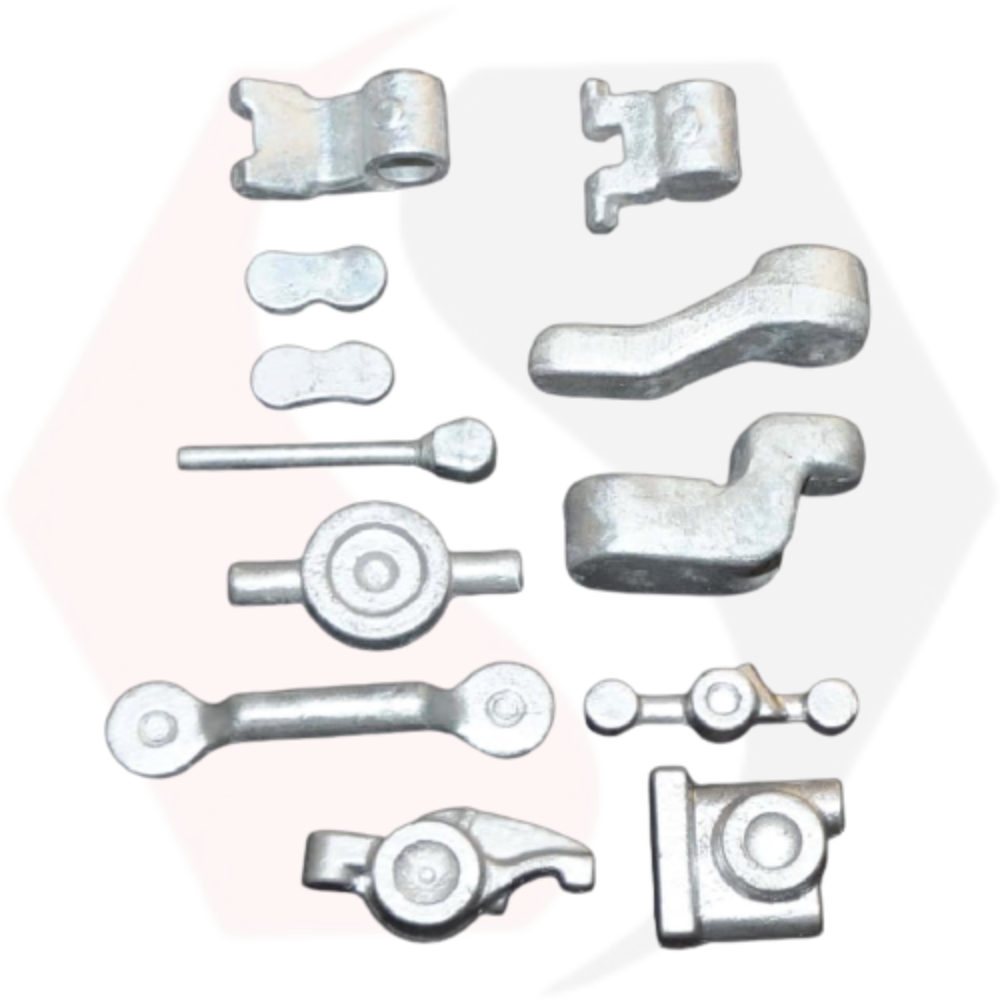
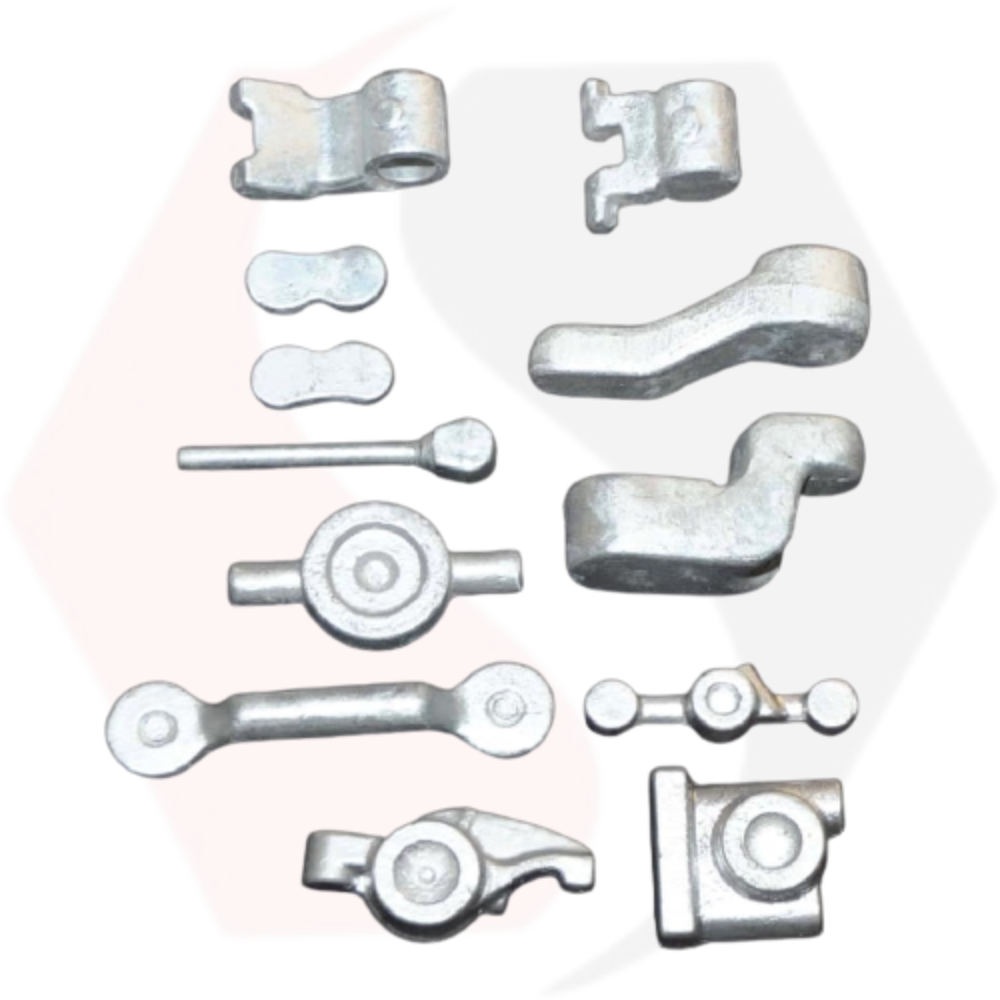
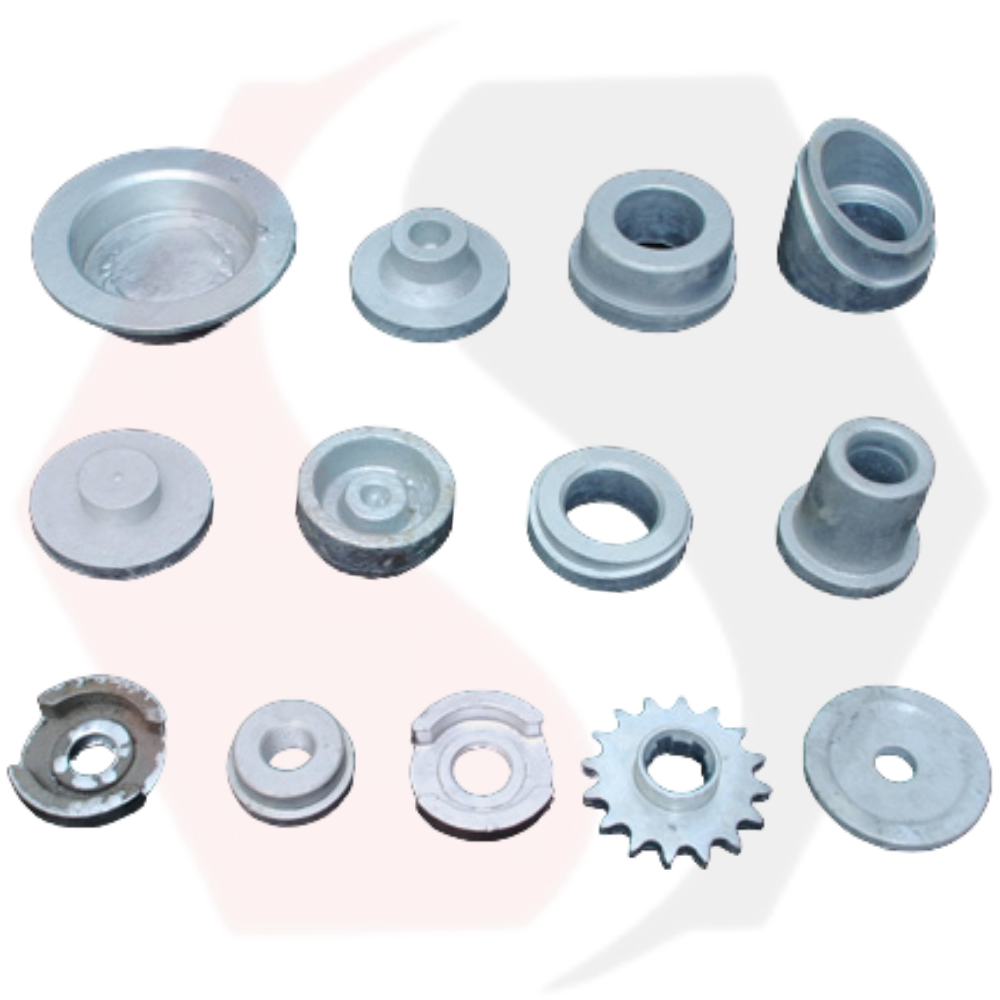
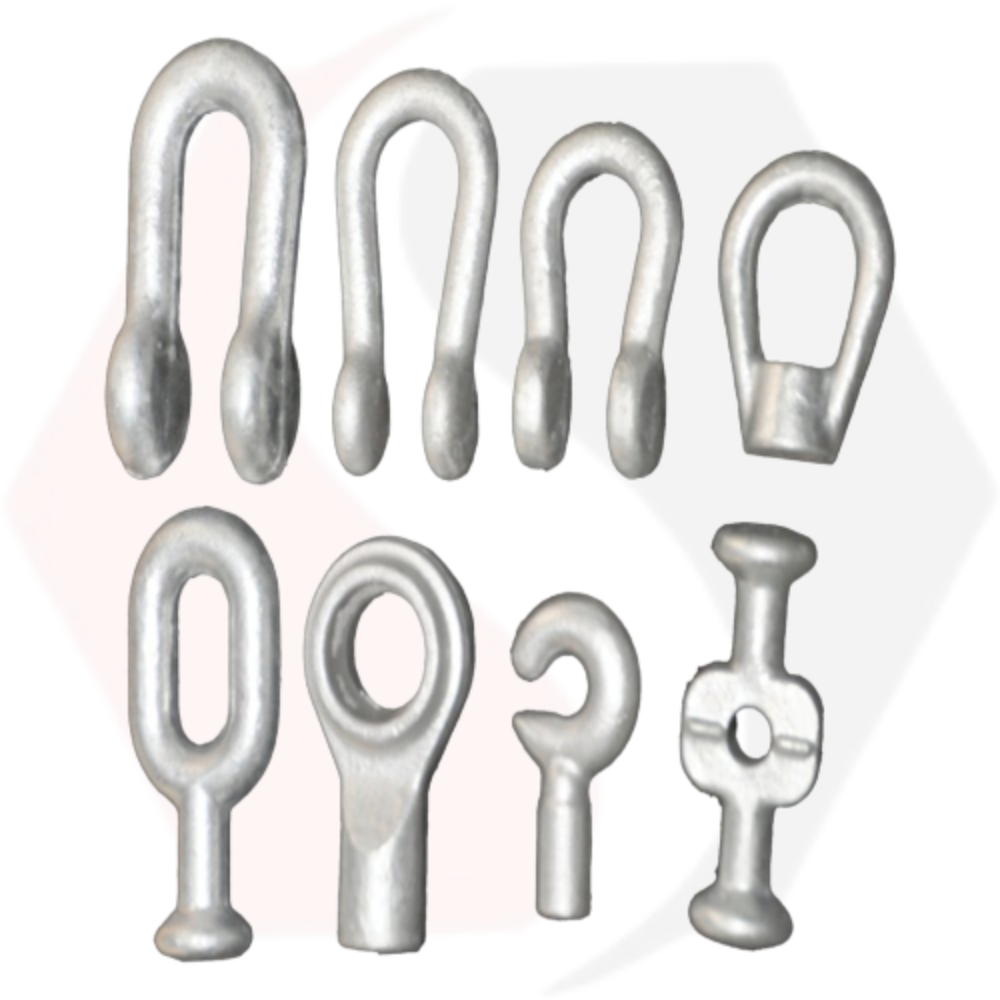
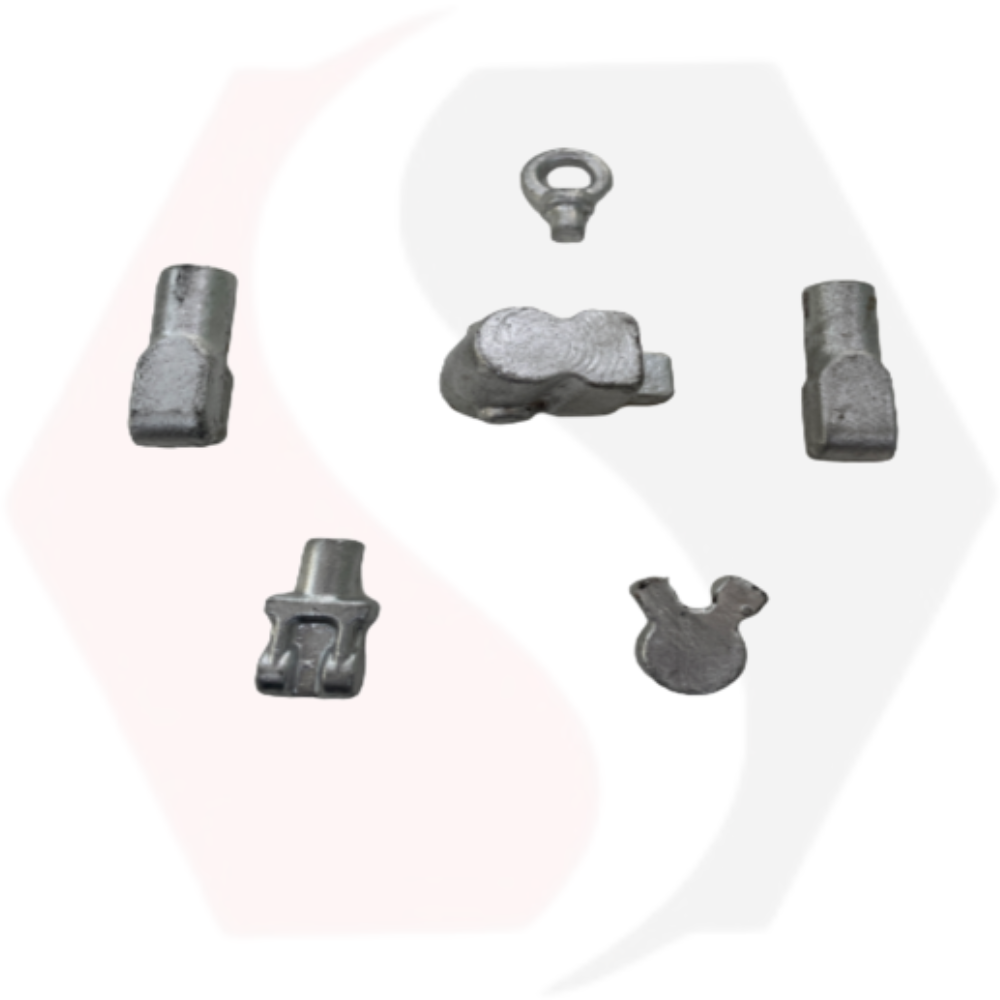

Price:
- 50
- 100
- 200
- 250
- 500
- 1000+
More Products in Forged Automobile Product Category
Heavy Steel Forging
Price 40 INR / Piece
Minimum Order Quantity : 5000 Pieces
Product Type : Forged Products
Process : Hot Forging
Material : Zinc
Color : Silver
Automobile Components
Price 25.00 INR / Piece
Minimum Order Quantity : 50000 Pieces
Product Type : Forged Products
Process : Hot Forging
Material : Steel
Color : As Per Forge
Ms Forging Metal Components
Price 25 INR / Piece
Minimum Order Quantity : 500 Pieces
Product Type : Forged Products
Process : Hot Forging
Material : Zinc
Color : Silver
Automobile Parts
Price 20 INR / Piece
Minimum Order Quantity : 5000 Pieces
Product Type : Forged Products
Color : As Per Forge

 Send Inquiry
Send Inquiry
